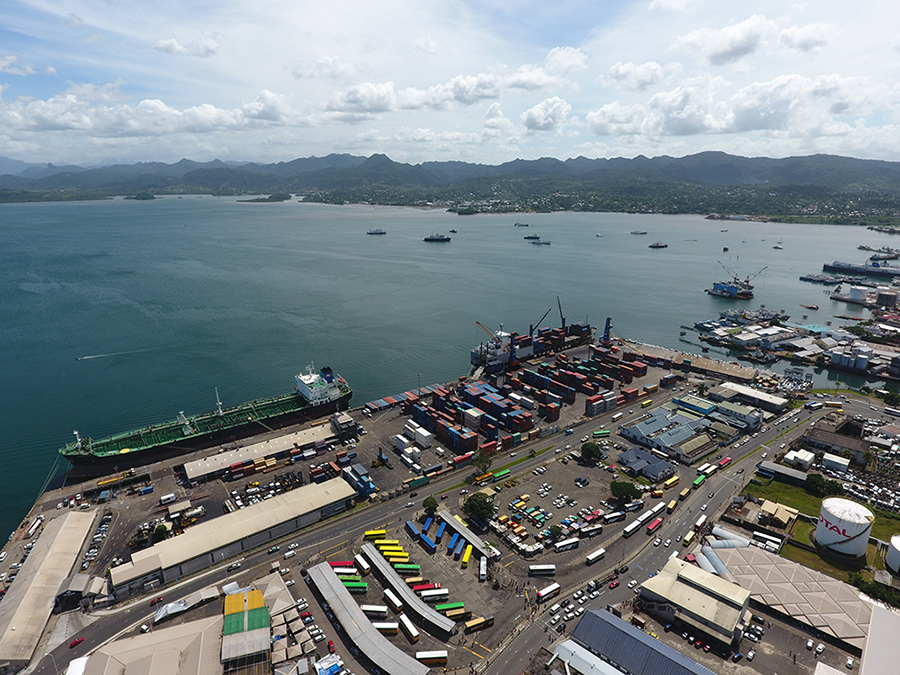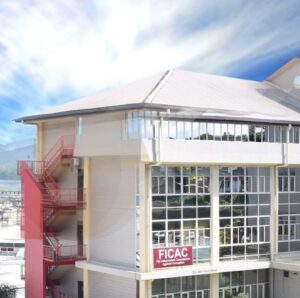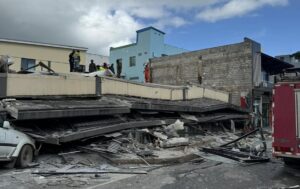Dialogue Fiji Executive Director Nilesh Lal has called for a change in Fiji’s local government election process, advocating for the adoption of a proportional representation (PR) system.
He made the comments during a recent “Panel Discussion on Electoral System Design for Local Government Elections in Fiji,” held at the Tanoa Plaza in Suva last night.
Lal’s argument hinges on the idea of aligning Fiji’s local government elections with the national election model, highlighting not only the familiarity of Fijian voters with the PR system, given their participation in the last three national elections but also the election management body for administering those elections.
He also drew attention to the decline in women’s representation in Fiji’s national legislature. In 2020, women held 21.6% of seats, but that number has dropped to less than 10%.
“It is important that the local government elections become training grounds for preparing female (and youth) candidates for national elections,” Lal said.
Lal’s reform proposal includes treating the entire municipality as a multi-member electoral district to lower natural thresholds and uphold the “one person, one vote, one value” principle within each municipality.
“For the city of Suva, for instance, if we stick to the previous four electoral districts (wards) with 5 seats each, the natural threshold will become 12.5%, essentially meaning that a large number of votes will not find expression in seat allocation. If we have the entire municipality as a single multi-member electoral district (20 seats), the natural threshold will reduce to 3.57%, which is way more acceptable than the excessive 12.5%,” Lal said.
Addressing concerns that PR systems may weaken the direct link between voters and their elected representatives, Lal recommended that contesting parties should be required to field candidates from every ward.
“For example, for Suva, each contesting party could be required to field five candidates from each ward, making a party list of 20. This will allow the voter greater degree of choice- vote for someone from within their ward, or vote for someone from the greater electoral district.”
The system he says is also best suited for a society as divided as Fiji as it “encourages inter-ethnic accommodation, multi-ethnic political parties, a multi-party environment, and moderate, centrist politics.”
Lal also proposed the adoption of the Sainte Lague method for seat allocation, not only for the local election but also for the national elections.
“It is more proportional and increases election prospects of smaller parties, which will be conducive to sustaining a multi-party system in Fiji. Later, the Sainte Lague method of seat allocation should also be adopted for national elections- a change that can be easily effected by changing relevant provisions in the Electoral Act of 2014 as the seat allocation method is not entrenched in the national constitution.”
The panelists included Ministry of Local Government PS Seema Sharma, Lawyer and former Supervisor of Elections Jon Apted, FEO Manager Legal Mesake Dawai, FNU Assistant Professor in Law Jalesi Nakarawa, and Senior Elections Advisor Alan Wall.
The local government elections are slated to be held in the second quarter of next year. It will be Fiji’s first in 19 years since the last elections were held in 2005.









